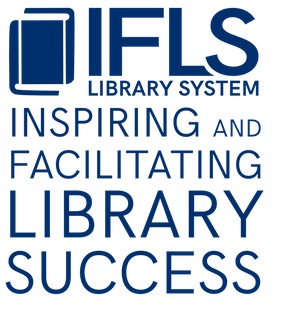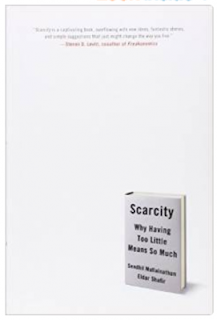If you’ve had a conversation with me in the past month or so, you’ve probably heard me talking about a book I finally just finished called Scarcity: Why Having Too Little Means So Much, by Sendhil Mullainathan (an economics professor at Harvard) and Eldar Shafir (a psychology and public affairs professor at Princeton). Look here for a cool info-graphic visual summary of the book, created by Todd Clarke. Here’s a podcast where they talk about some of their findings.
The basic premise of the book is that when we are facing scarcity–of time or money, for instance–we use up significant cognitive resources just dealing with the most pressing issues. We tunnel, which makes good sense and keeps us functioning in the present (it can even make us super-efficient and effective in the short-term). Anything outside the tunnel, however, is necessarily disregarded. In the long run, this can be problematic. In fact, people’s decision-making about long-term things is impaired, along with their general cognitive functioning–some studies even have shown that IQ is affected by managing scarcity, and it certainly makes some of the programs designed to serve people living in poverty less helpful.
I’m going to do a blog series about this–breaking this into a couple of bite-sized pieces. Watch for more tomorrow and Friday!

